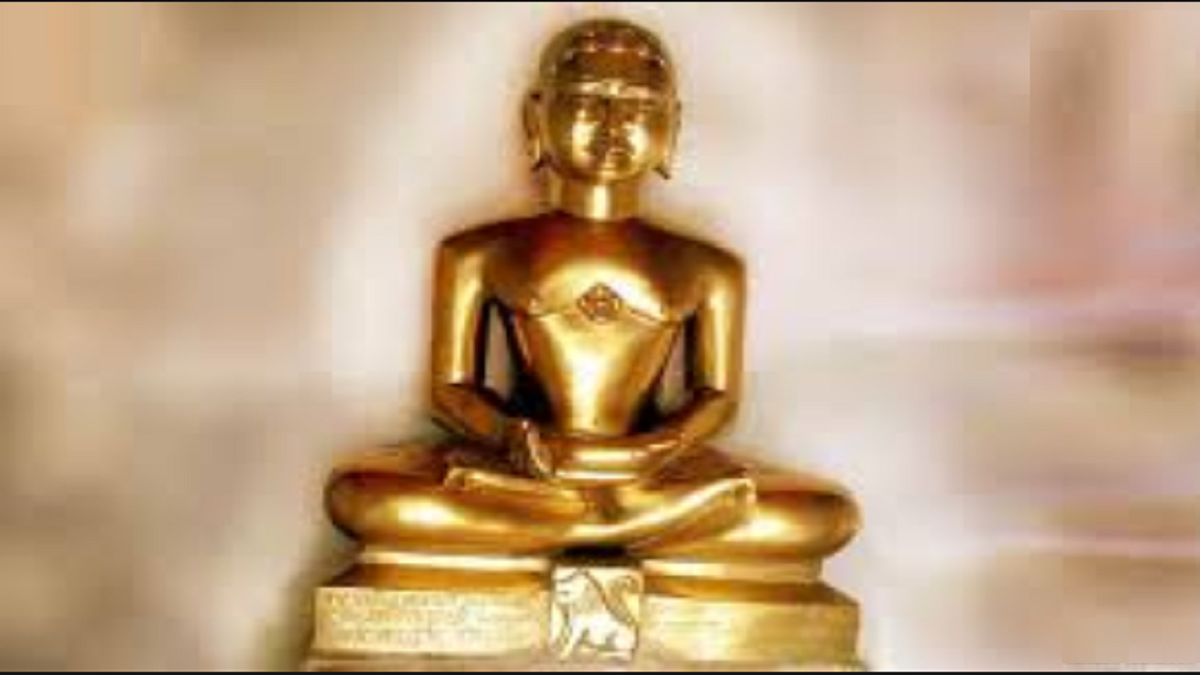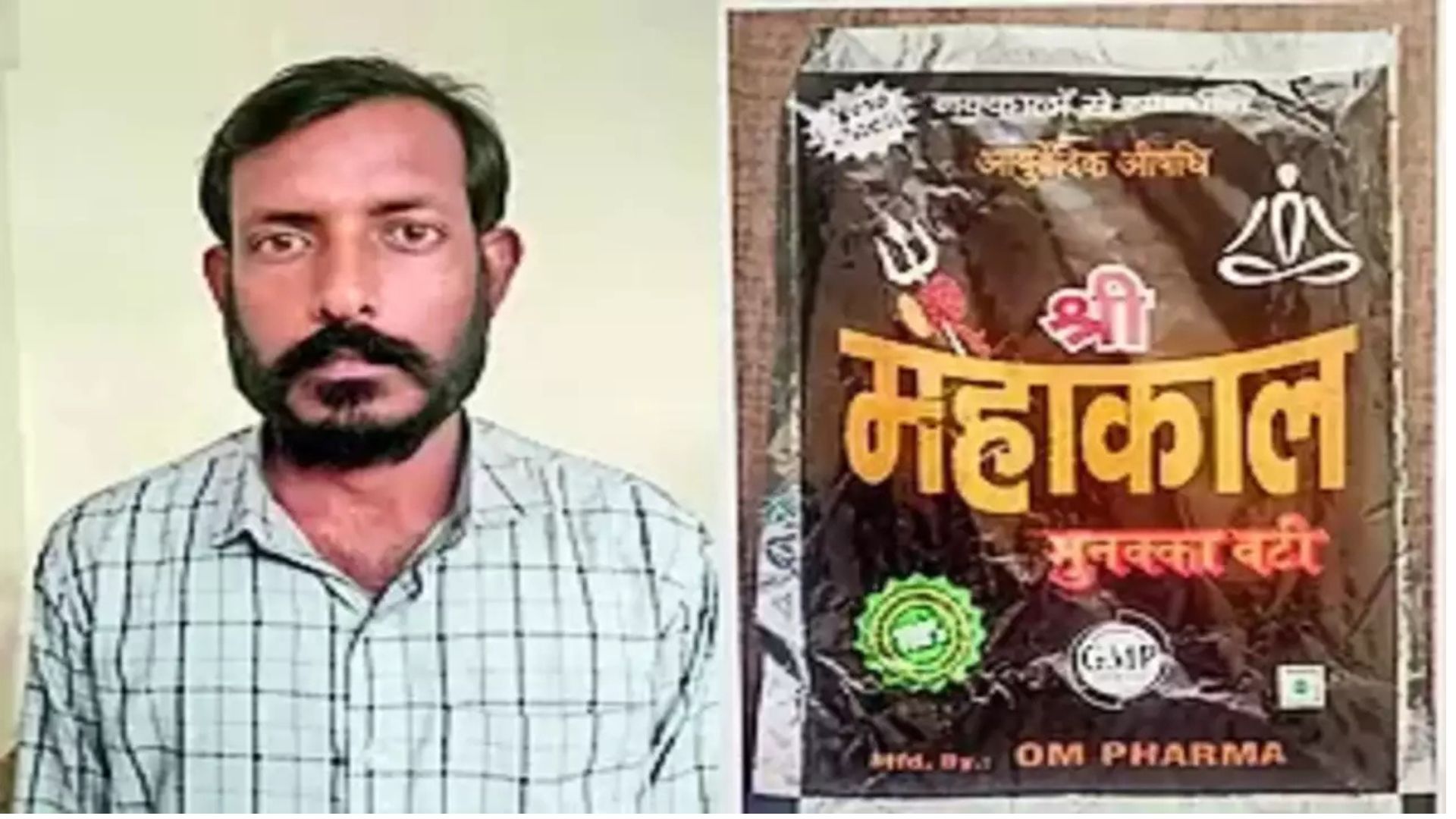
In the second chapter of the Bhagavad Gita, Krishna preaches Arjuna that by using his wisdom or discrimination he should elevate his mind “beyond the turbidity of delusion” and make it “unshakeable and steadfast in the self” that is become stithpragya — acquire equanimity. Arjuna in Bhagavad Gita asks Krishna, “What is the description of a man of steady wisdom who is self-absorbed? How does the man of a steady wisdom speak? How does he sit? How does he move about?”
Krishna describes stithpragya as the “one who discards all selfish desires and cravings of the senses that torment the mind, and becomes satisfied in the realisation of the self”. First, he turns his mind away from material allurements and renounces the desires of the senses by withdrawing the senses from their objects. As a result, he “remains undisturbed amidst misery, and does not crave for pleasure, and becomes free from attachment, fear, and anger”. Since he has no hankerings for the objects of the senses, “he neither welcomes nor rejects anything whether good or bad when he comes across it”.
Like an “ocean remains undisturbed by the incessant flow of waters from rivers merging into it”, the sthitpragya also is not affected by the “desirable objects all around him”. Kundkundacharya has used the term ‘samata’ for stithpragya. By ‘samta’ is meant equanimity which is a means to end all pain and misery by ending the cycle of death and rebirth.
A number of scholars argue that the notion of stithpragya or samata is a utopia. It is just a theoretical concept which cannot be practised in the lived life. They demand a living example of a stithpragya. Jain muni Shri Chinmay Sagar ji Maharaj, popularly known as Jungal wale baba, Khanpur, Belgaum, Karnataka, is an exemplar, an archetype of a sthitpragya. He has vowed to take yam samadhi that is to voluntarily leave this body by first not eating any food and then living on water alone and finally even to stop taking water. He is at the stage where he has now even given up drinking water and lives on air alone.
In a conversation with Jain Sadhvi Gyanwati Maan Aariyka, the living scholar of Jain texts, he describes his mental state thus: “I have left paying any attention to the body. I have left all concerns with the body. I have no attachment to it. It is the other for me. I have an attitude of jnyata-drashta (knower and impartial observer) towards it. I see the body performing its own functions; I am concentrating on my work which confirms to the rules and teachings prescribed by the Agamas — the traditional Jain texts. I am living on water alone. Though there is severe pain in the body caused by the nibbling of the body parts by the microbes, I notice dispassionately with a smile on my face and an indifferent mind the microbes eating the body. I do not consider the body as mine. I am different from the body and its condition. I am in a state of bliss. Neither do I have the desire of living, nor do I wish for death. I have no desire to nurture either the body or the soul. I have the desire only to use life fruitfully. I only wish for the welfare of all. I identify myself with all other living beings. I am in no hurry to leave the body, nor to build up and keep it. No one is away from me nor am I away from other beings.”
This is what Samta or stihpragya is. Since Shri Chinmay Sagar ji Maharaj has realised the equanimity in word and deed, it is not a chimera or impossible goal but a reality. If one person can achieve it, we all can.
The writer is a former Professor of Philosophy, University of Delhi.















